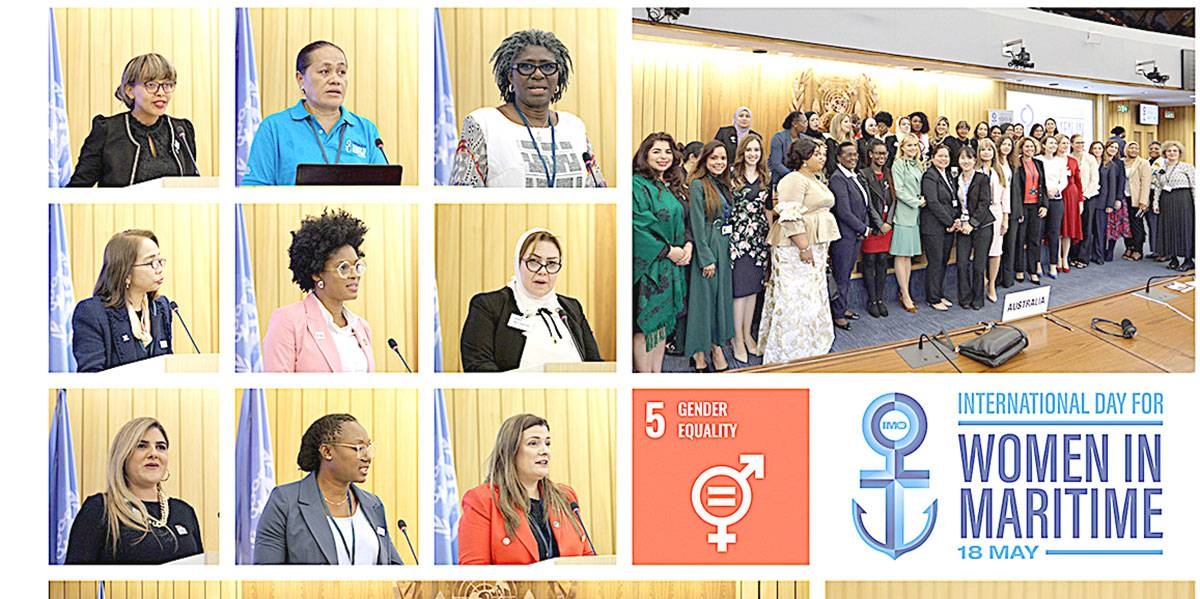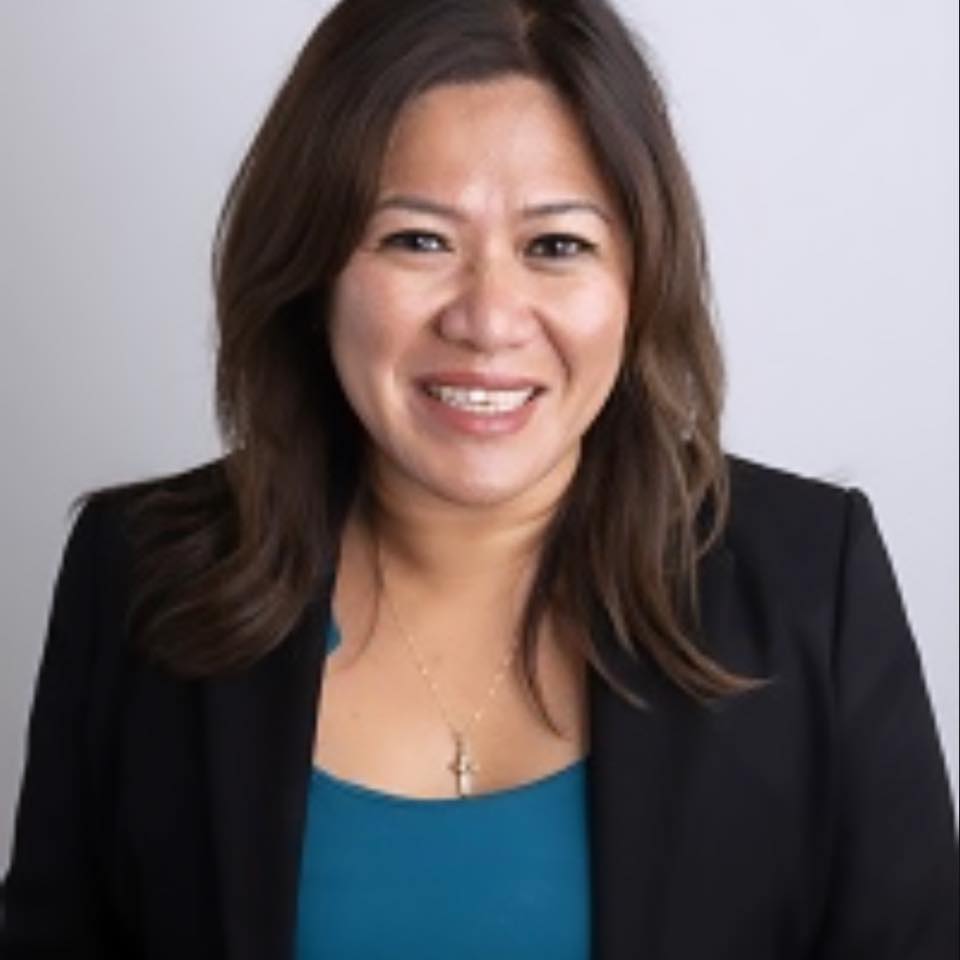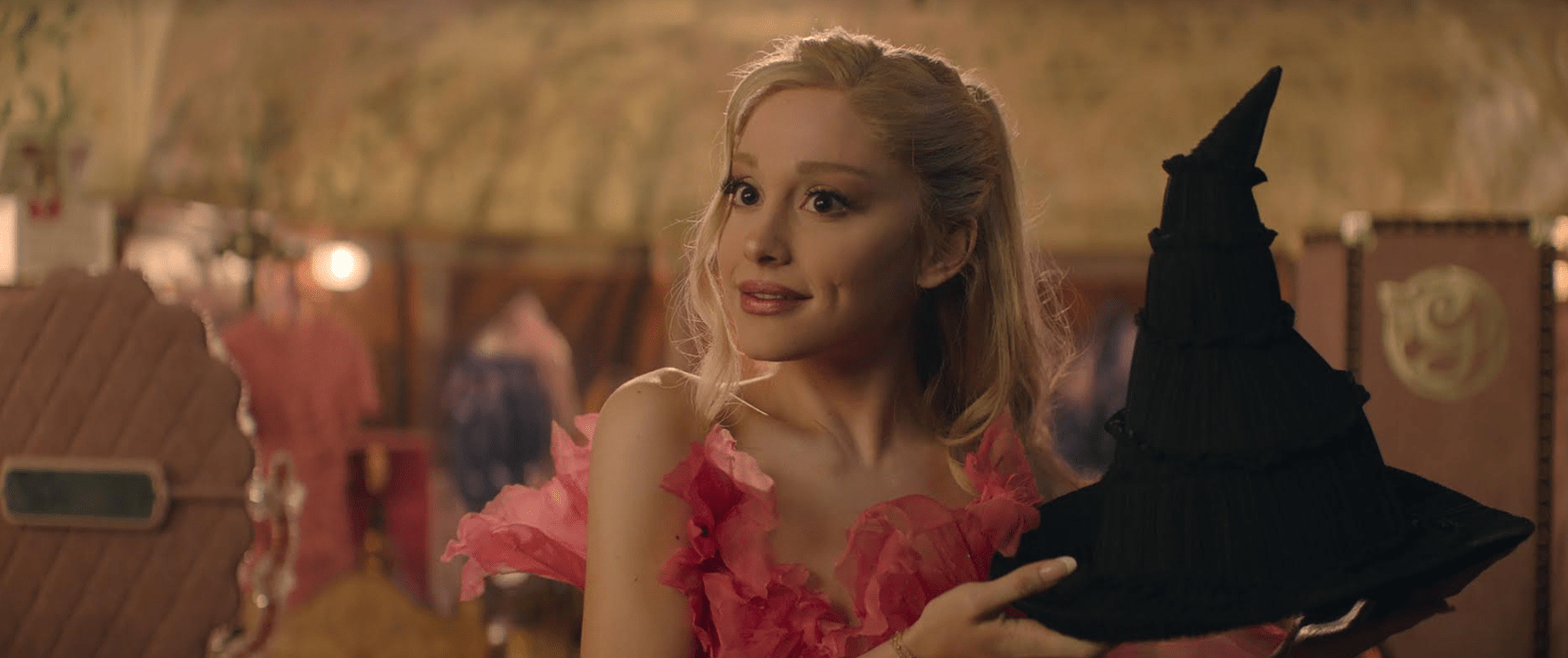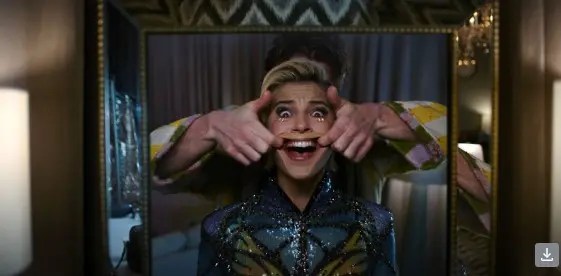Your cart is currently empty!

Highlighting gender equality in maritime

THE importance of collaboration and networking in achieving gender equality in the maritime sector took center stage at the Global Conference of the IMO Women in Maritime Associations held at the IMO Headquarters in London on May 18-19.
The need to tackle the lack of visibility of women in the maritime industry; the need for individual women and organizations representing them to work in partnership to achieve more; the importance of having men as allies; and the need to engage with girls during their school years to attract them into roles in maritime were issues raised repeatedly.
Members of the IMO’s eight Women in Maritime Associations (WIMAs) from around the world and international partner organizations came together to explore the theme of this year’s International Day for Women in Maritime held on May 18 — “Mobilizing networks for gender equality.”
IMO Secretary-General Kitack Lim described gender equality as “a prerequisite for a thriving and resilient maritime industry” that would bring with it innovation, creativity and sustained growth.
“We need the best talent. And that means embracing diversity and ensuring that any barriers to participation are broken down. By investing in the future of women in maritime we unlock a wealth of talent that will drive our industry forward,” Lim said.
Get the latest news
delivered to your inbox
Sign up for The Manila Times’ daily newsletters
By signing up with an email address, I acknowledge that I have read and agree to the Terms of Service and Privacy Policy.
An agreement on the Sustainable Maritime Transport Cooperation Women Project, the aim of which is to enhance gender equality in developing countries, was signed by Lim and South Korean Ambassador Yoon Yeocheol, permanent representative of the Republic of Korea to the IMO.
The agreement provides funding worth $3 million for five years.
Ambassador Yeocheol hoped the accord would be a milestone and pledged his country’s continued support for women in the sector.
He said, “I sincerely hope that the agreement will promote more participation of women in the maritime sector and lead to a more diverse and inclusive culture in the maritime industry.”
The conference heard from all eight WIMAs about their objectives, achievements and plans. Associations have been established in Africa (three WIMAs), the Arab States, Asia-Pacific (two WIMAs), the Caribbean, and Latin America to challenge some of the institutional barriers and the cultural stigma facing women who enter the maritime industry.
In a session on the work of Wista International, its president, Elpi Petraki, spoke of empowering women “to claim what they deserve” which, she said, would benefit both women and men. She also highlighted the continued challenges that face women working onboard ships.
“Full equality onboard is a long way off,” Petraki said. She announced a follow-up next year to the 2021 IMO-Wista Women in Maritime Survey which she hoped would give a more accurate picture of gender diversity across the sector.
Other sessions included one on the IMO GENder Network and how networks of the IMO training institutes, the World Maritime University (WMU) and the IMO International Maritime Law Institute (IMLI), and mentorships can be used to best effect.
There was a remote presentation from Canada by Humberto Carolo, executive director of White Ribbon, which describes itself as the world’s largest movement of men and boys working to end violence against women and girls. He spoke about the need for society to challenge the propagation of male stereotypes that ensure women continue to be underrepresented in management roles.
During a panel discussion called “Breaking the glass ceiling,” Africa’s first female dredge master, Capt. Londy Ngcobo, ship navigator, founder of Global Maritime Youth, and director of Womaritime Experts, said she had decided to make a visible statement about her success in the maritime industry.
“I wore my uniform today. I have claimed my captaincy. To a young star looking at me — she comes with natural hair and brown skin: I too can become a captain. It’s not rocket science.”
The conference ended with a working session on the development of a draft Global Strategy for the IMO WIMAs.
Most Read
Author Details

Leizel Trinidad – Jacobsen
Leizel Trinidad Jacobsen is a prominent figure in the Filipino-American community, particularly within the state of Nevada. As a dynamic leader and an advocate for the Filipino-American voice, she has contributed significantly to amplifying cultural representation and fostering unity among the Filipino diaspora.
Advertisement
Recent News





